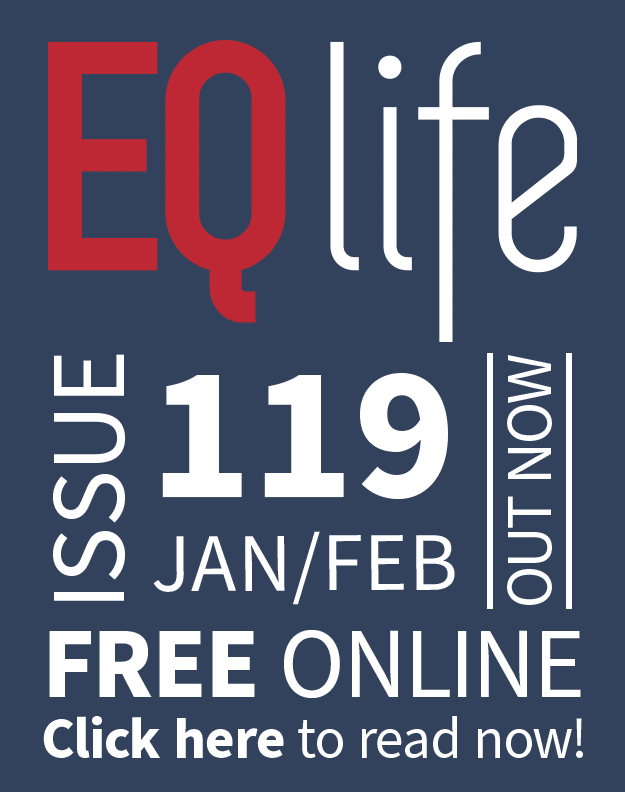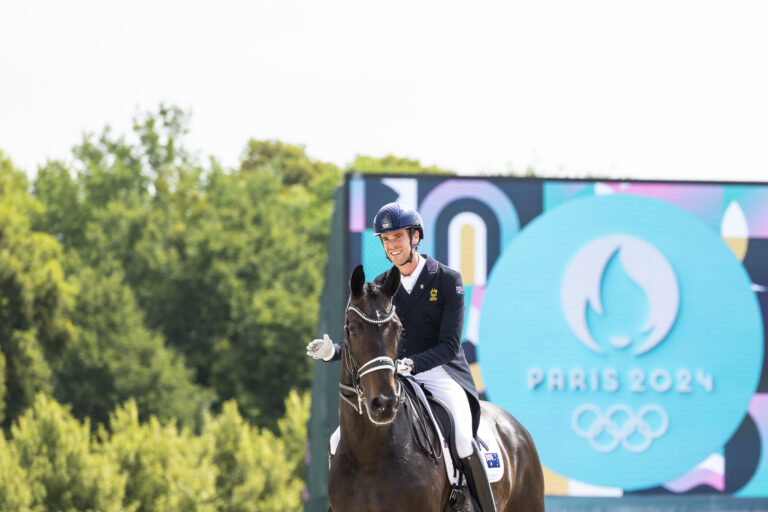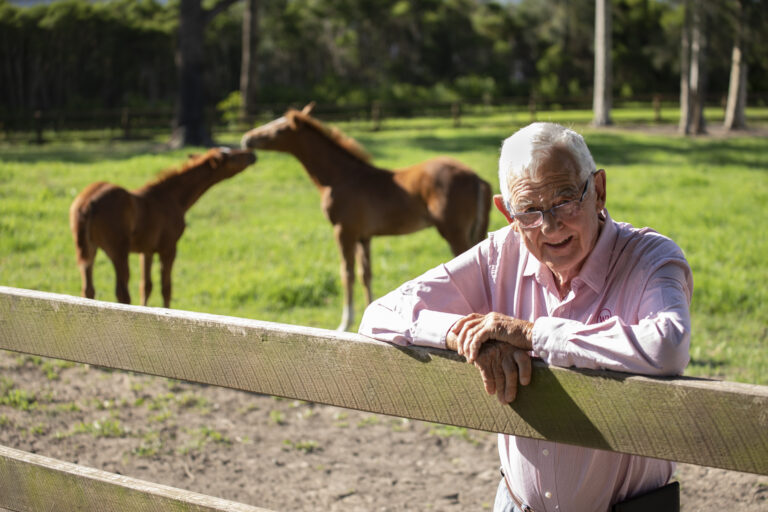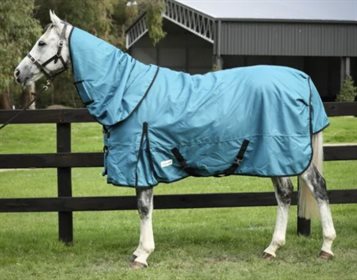Only 11% of jockey licence holders are women.
By Alexa Courtney
There are few sports in the world where men and women can compete with each other. Horse racing is one of them. Many chalk it up to biology—male athletes have an unfair advantage because of their build and physical strength. However, researcher Vanessa Cashmore’s analysis of male and female jockeys found that the perceptible difference was not in their performance, but in opportunities. Only 11% of jockey licence holders are women, and the majority of them have had to take a stable staff position just to break into the field of horse racing. Despite having a level playing field in terms of the ability to ride, horse racing is still, by and large, a male dominated sport.
Across history there have been many female icons who aimed to change this culture. Pam Baker was instrumental in opening up the sport to female athletes in 1971. Mounting one’s steed for sport has always been a pastime dating back to ancient civilisations but it wasn’t until the 70s that women’s rights to ride and compete were honoured. Outside of Australia women and competitive horse racing played out in a very similar way. 1976 marked the year that female jockeys were accepted in the National Hunt in the UK, Ireland, and France.
??In the last four decades women have been claiming several victories, which for the most part have gone largely unnoticed. The average number of rides per female jockey at Victorian TAB meetings has gone up to 65.5 from 52.7 from October 2017 to March 2018. Charging Prince of Penzance, ridden by Michelle Payne was the first equestrienne to win a trophy at the Melbourne Cup in 2015. Rising talent Jessica Eaton is hopeful that the likes of Payne will break new ground for female jockeys such as herself.

Michelle Payne aboard Prince Of Penzance.
Image: Slickpix
Australia’s Payne or Eaton are the not the only female athletes who are breaking gender barriers in the world of horse racing. The recently retired Irish National Hunt jockey Nina Carberry is a legend among aspiring equestriennes. She was the first woman to ride in the Grade One and has the most attempts by a female jockey at the Grand National, with a seventh place her best result to date. The 33-year-old also has the 2011 Irish Grand National championship title under her belt.
Nina Carberry’s determination has become the inspiration for emerging young jockey Lizzie Kelly who hails from the English county of Devon. Kelly has shown great dedication, devoting all her holidays to the track since she was 14. She said of Carberry, “When I was looking at Nina when I was growing up, I just thought that if she can do it, so can I.” And since she started competing she’s been proving that she has a lot to offer to the sport. The female jockey is only 25 but Kelly has already won a Grade One National Hunt race on Tea for Two, the first woman in history to do so. She has since taken the Cheltenham Gold Cup on Coo Star Sivola and a second Grade One win in the Aintree Bowl.
These achievements are proof that neither gender nor age are handicaps to competing and coming out victorious in the sport of horse racing. When given the opportunity, female jockeys can outrace their competitors even in the most prestigious events. So, let’s give these ladies the recognition they deserve and hope for more inclusivity in the sport of horse racing.
READ THE LATEST NEWS ARTICLES HERE








